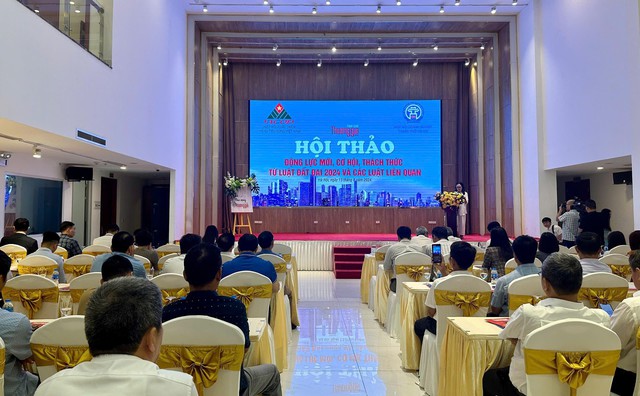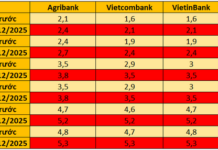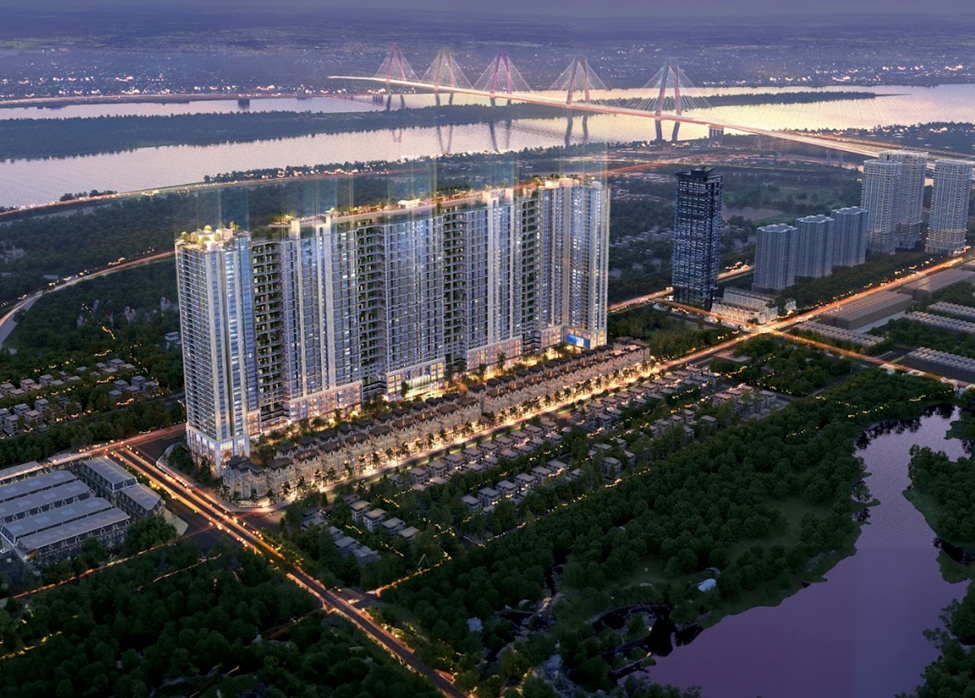At the seminar “New Impetus, Opportunities, and Challenges from the 2024 Land Law and Related Laws” hosted by Thuong Gia Magazine this morning, August 15, Mr. Dao Trung Chinh, Director of the Department of Land Planning and Development (MONRE), shared that the 2024 Land Law will significantly impact real estate businesses.
Real estate businesses and project investors will need to pay attention to the new regulations regarding auctions and bidding. When it comes to accessing land through bidding, enterprises should focus on enhancing their capabilities, reputation, brand value, and their ability to create value for the local community, rather than solely focusing on the bidding price. For enterprises that meet these requirements, the People’s Council of the respective localities will decide on an auction, instead of a bid.
Regarding land allocation and lease without auction, there is a regulation related to the Law on Real Estate Business, which pertains to foreign-invested economic organizations acquiring real estate project transfers. The 2024 Land Law specifically stipulates that domestic enterprises must register land changes, while foreign-invested enterprises will undergo an additional procedure where the competent state agency will issue a document on land allocation or lease to the enterprise with foreign investment.
Due to the land allocation and lease procedures, both domestic and foreign-invested enterprises will be subject to land and lease fees. Additionally, economic organizations, public non-business units, individuals, overseas Vietnamese, and foreign-invested economic organizations currently leasing land from the state and paying annual land rent but eligible to pay land rent once for the entire lease term as per the Law may opt to switch to this payment method…

Mr. Dao Trung Chinh, Director of the Department of Land Planning and Development, MONRE, speaks at the seminar.
Another issue is that currently, the People’s Committees of localities decide on the land price framework. Especially recently, Ho Chi Minh City announced a new land price framework, which received mixed reactions due to the significant price increase. However, Mr. Chinh assessed that the new prices reflect the current market situation and follow market principles.
“Essentially, the new land prices need to meet market factors and ensure the benefits of land users. Land prices must be resolved comprehensively, ensuring a clear distinction between revenue and compensation prices for people,” Mr. Chinh emphasized.
According to this leader, the new law’s regulations also pay special attention to the benefits of the people. Real estate businesses need to pay particular attention to compensation and site clearance support issues.
Regarding site clearance compensation, Mr. Chinh emphasized that investors could compensate with land other than the land recovered. For example, after residential land recovery, investors could choose suitable land with the same land-use purpose. Commercial and social housing funds can be used to compensate and support resettlement for local residents. This regulation provides investors with flexibility in choosing a suitable compensation plan.

The seminar “New Impetus, Opportunities, and Challenges from the 2024 Land Law and Related Laws”
Next is the issue of land allocation and lease according to the Land Law of 1993 and 2003. Regarding the policy of collecting land retention money, land rent, and land price applied at the time of the 2005 land price frame issued by the Provincial People’s Committee, if the land is allocated or leased according to the Land Law of 1993 and 2003, and the land is actually handed over by the competent state agency from January 1, 2005, to before the effective date of this Law, the policies on collecting land use levies, land rent, and land prices to calculate land use levies and land rent shall be determined at the time of actual land handover.
If there has been a decision on land allocation or lease, permission to change the purpose of land use, permission to change the form of land lease from annual payment to one-time payment for the entire lease term, extension of land use duration, or adjustment of detailed construction planning according to the 2013 Land Law, but the method of land price calculation has not been submitted to the competent People’s Committee for approval, the policies on collecting land use levies, land rent, and land prices shall be determined at the time of issuance of that decision.
Over 19 thousand households in Hanoi still awaiting allocation of service land
In recent times, the city of Hanoi has allocated land to 36,557 households. However, there are still over 19,000 households who have not yet been allocated service land, with a total area of 112.19 hectares.












































